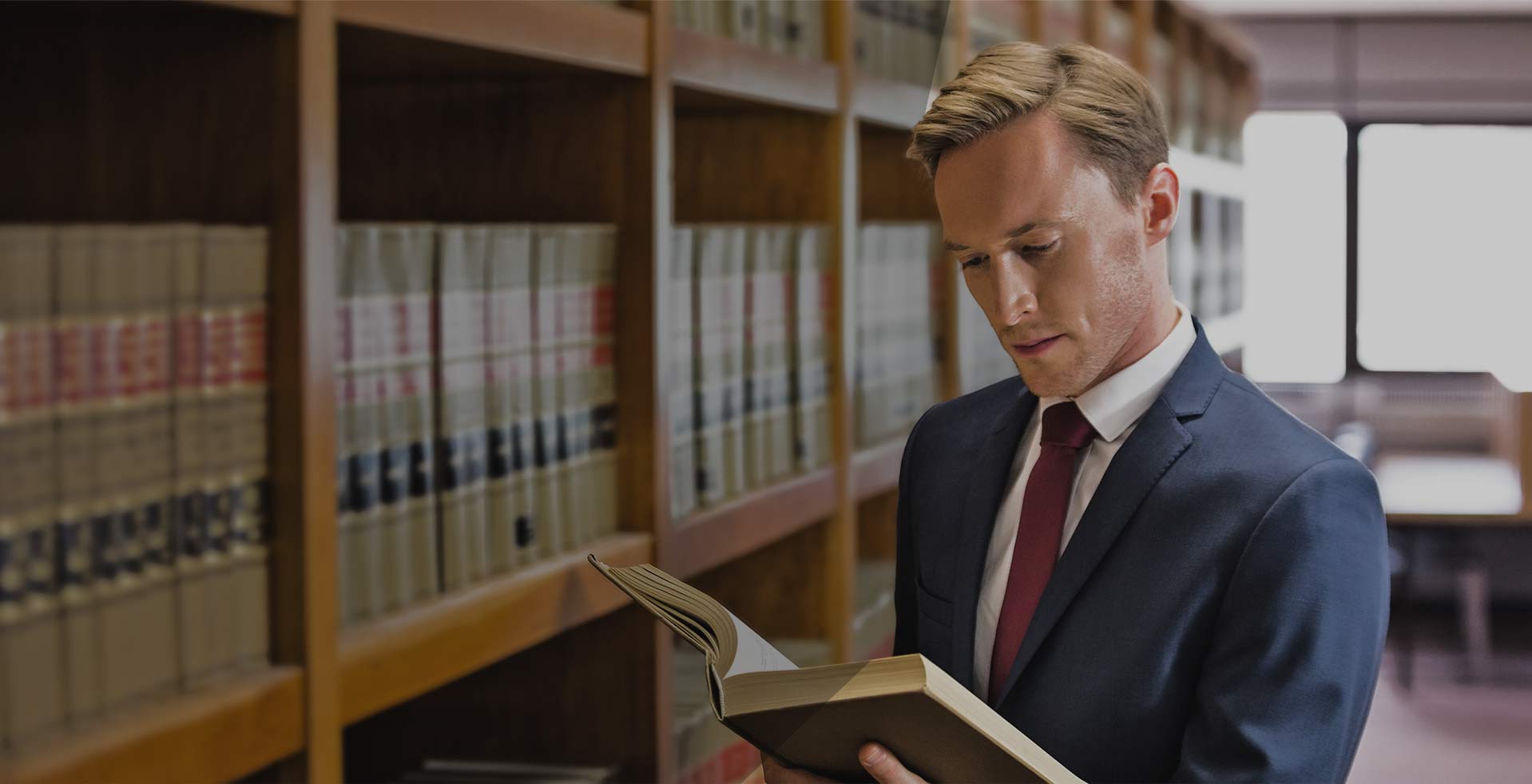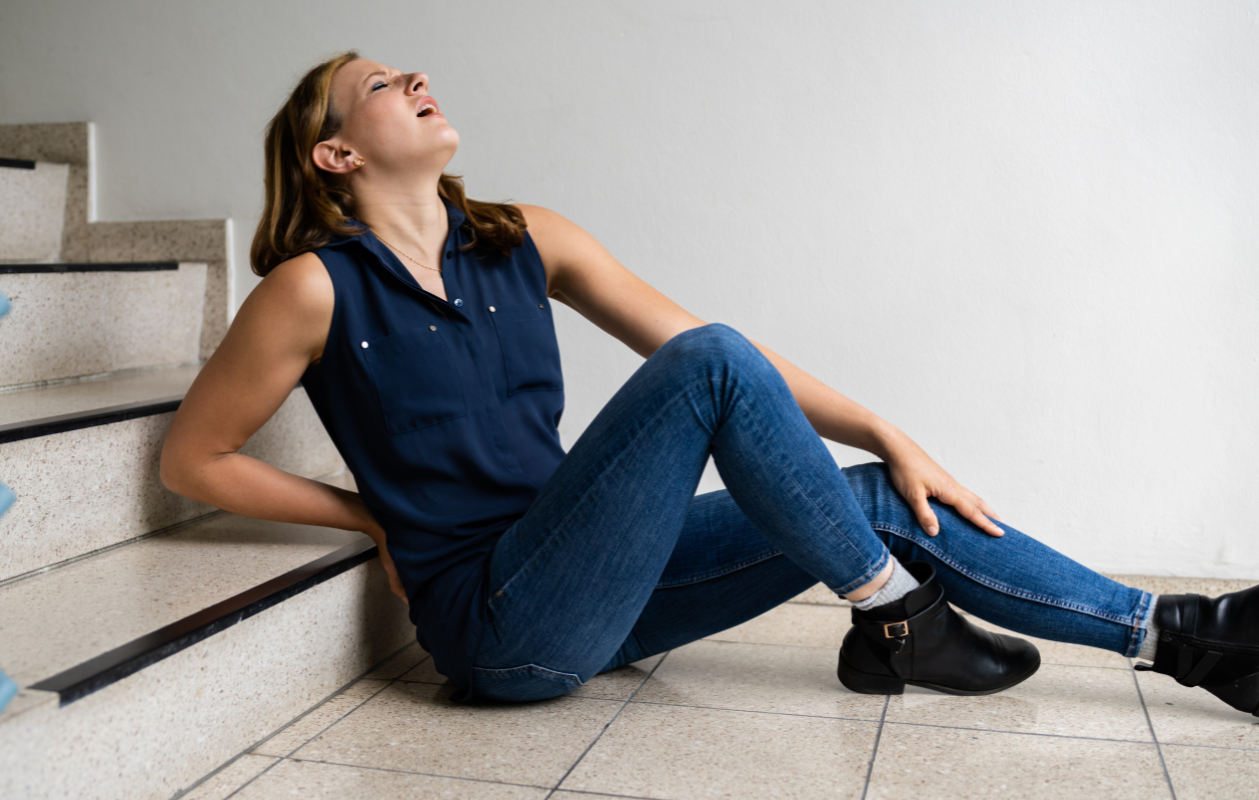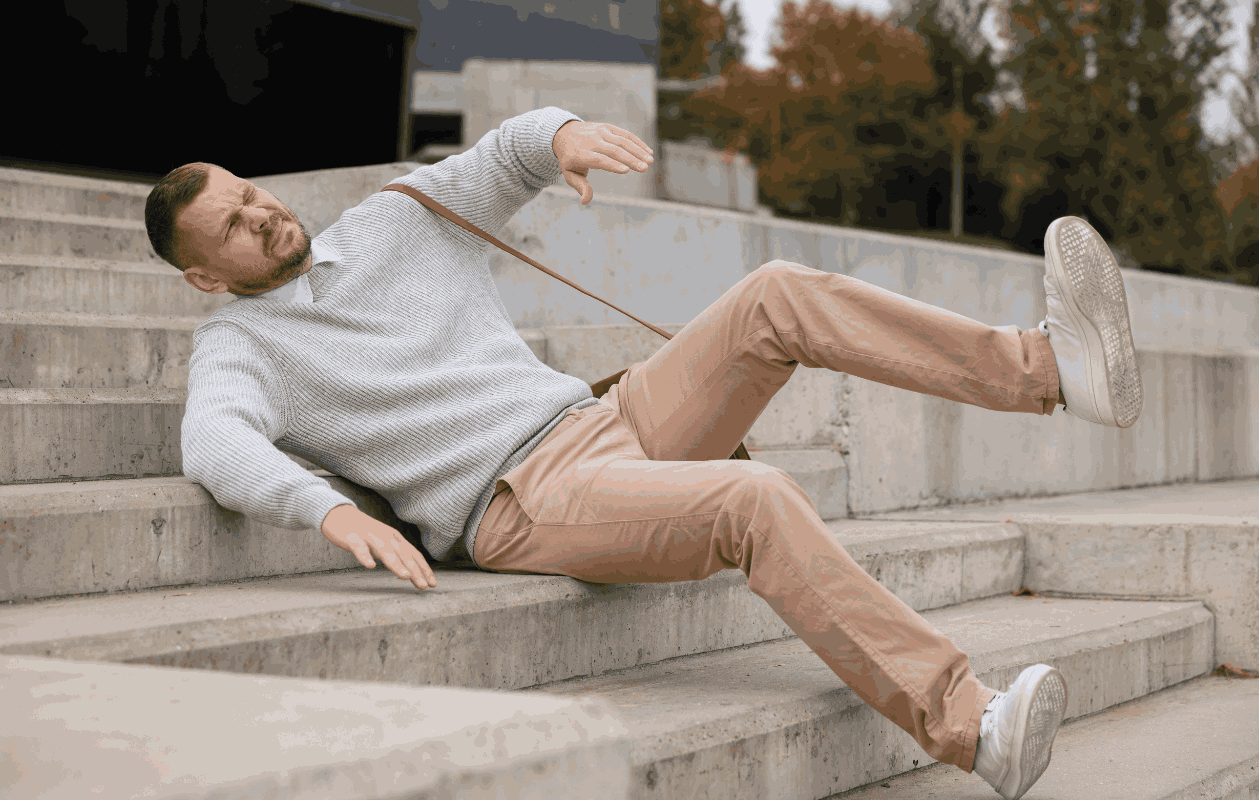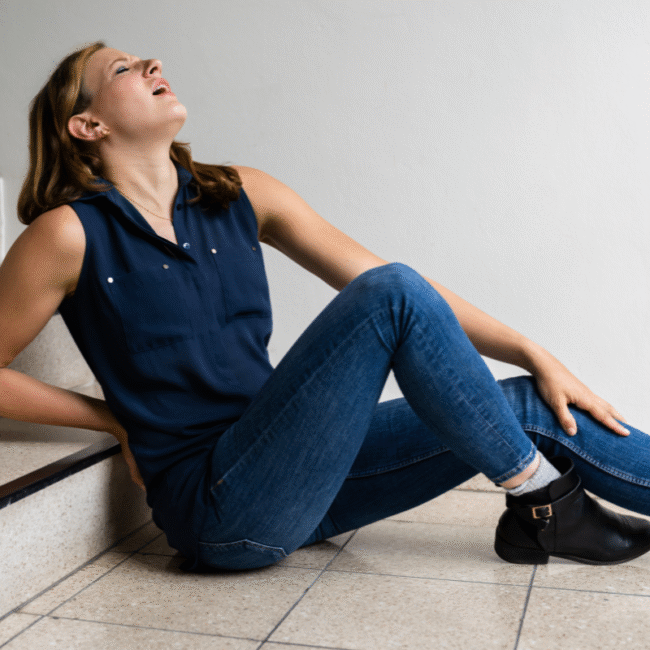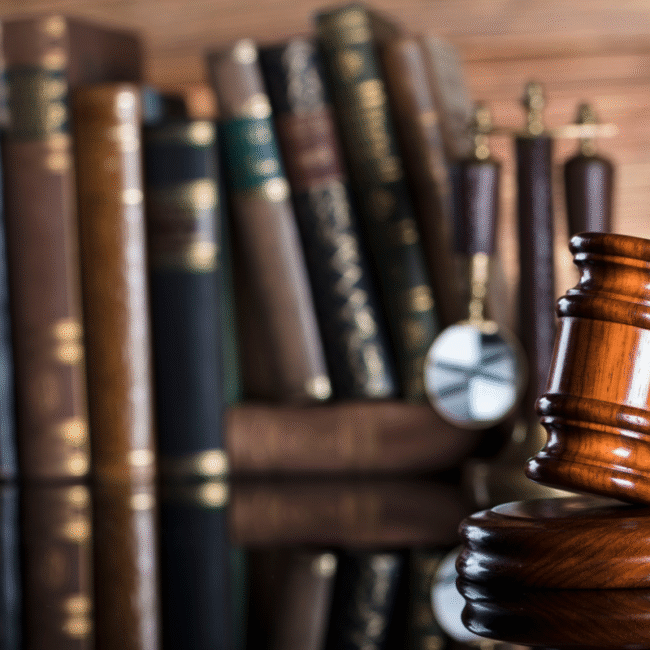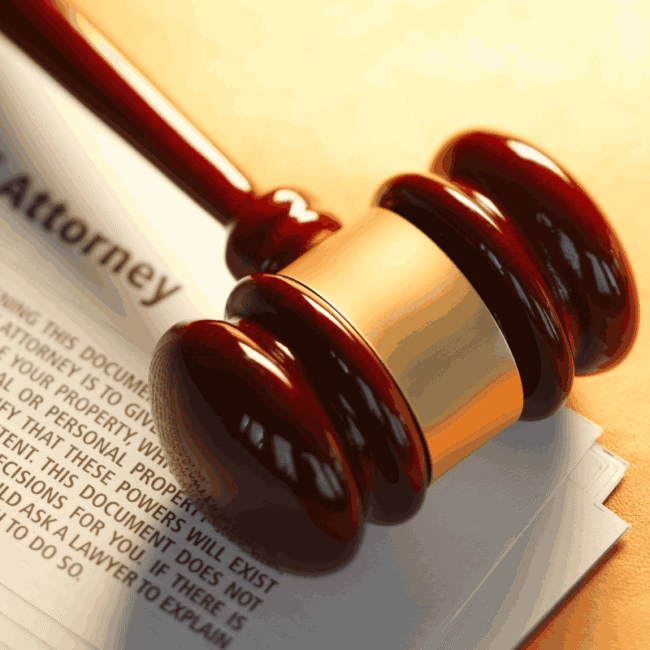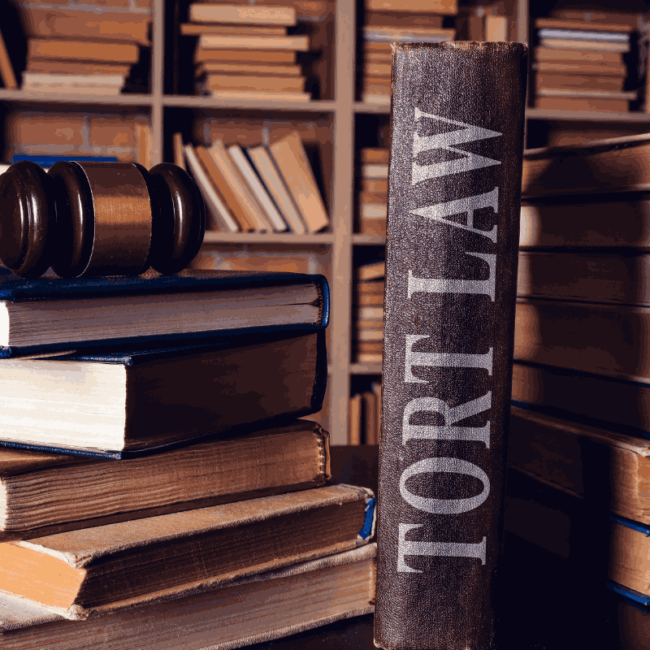Slip and Fall at Work in Macon: Do You Need a Personal Injury Lawyer?
Slip and fall accidents at work can happen in an instant but leave you facing long-term pain, lost wages, and mounting medical bills. Whether you slipped on a wet floor or tripped over a hazard, you may wonder: Do I need a lawyer?
If you’re in Macon, Georgia, and you’ve experienced a fall injury at work, the answer is often yes—especially if your employer or their insurance company isn’t treating your case fairly. At The Law Office of Mahdi Abdur-Rahman, we represent injured workers across Georgia, fighting for full and fair compensation in slip and fall cases.
What Qualifies as a Slip and Fall Injury at Work?
A workplace slip and fall injury typically involves slipping, tripping, or falling due to hazardous conditions in your work environment. These injuries are one of the most common causes of workers’ compensation claims in the U.S.
You may have a valid claim if your fall was caused by:
- Wet or slippery floors
- Uneven surfaces
- Loose cables or clutter
- Poor lighting
- Lack of signage warning of hazards
If your employer failed to maintain a safe working environment, you may be eligible for compensation—either through workers’ comp or a personal injury lawsuit if negligence is involved.
What Types of Injuries Are Most Common in Workplace Slip and Fall Cases?
Workplace falls can cause more than just bruises. Many result in serious, long-lasting conditions, including:
- Broken bones
- Back and spinal injuries
- Knee and ankle sprains or fractures
- Head injuries or traumatic brain injury (TBI)
- Shoulder or wrist injuries from trying to break the fall
These injuries can lead to long recovery times and even permanent disability. Hiring experienced slip and fall injury lawyers can make a crucial difference in your case outcome.
What Evidence Is Needed for a Slip and Fall Injury Claim?
To successfully pursue a slip and fall claim, you need strong evidence to prove that negligence caused your injury. This can include:
- Photos or video of the accident scene
- Witness statements from coworkers or others nearby
- Incident reports filed with your employer
- Medical records documenting your injuries
- Surveillance footage, if available
- Expert testimony, when necessary
Working with a Macon slip and fall lawyer can ensure all critical evidence is preserved and presented properly.
How Much Is a Workplace Slip and Fall Injury Worth in Macon?
There’s no one-size-fits-all answer, but your settlement may include compensation for:
- Medical expenses (past and future)
- Lost wages or reduced earning capacity
- Pain and suffering
- Disability or disfigurement
- Emotional distress
On average, slip and fall settlements in Macon can range from $15,000 to over $100,000, depending on the severity of the injury and liability factors. Severe cases with permanent damage can lead to even higher awards.
Let the best injury lawyers evaluate your case and fight for every dollar you deserve.
How Long Does a Slip and Fall Claim Take to Settle in Macon?
Settlement timelines vary, but most slip and fall claims take a few months to two years. Factors affecting the timeline include:
- The complexity of the case
- Length of medical treatment
- Willingness of the insurer to settle
- Whether a lawsuit must be filed
We work efficiently to move your case forward while ensuring you get a fair result—not just a fast one.
What Lawyer Should I Call for a Fall Injury at Work Near Macon?
If you’re searching for trusted lawyers for slip and fall cases near Macon, call The Law Office of Mahdi Abdur-Rahman. Our team is:
- Compassionate with clients
- Relentless in negotiations and court
- Deeply committed to underserved communities
- Focused on personal attention and outstanding outcomes
We don’t just handle cases—we help people rebuild their lives after trauma.
Do You Always Need a Personal Injury Lawyer?
Not every case requires legal representation—but many do. You should speak to a personal injury lawyer if:
- Your injury is serious or permanent
- You’re facing high medical costs
- The insurer denies or delays your claim
- You were injured due to third-party negligence
- You feel pressured to accept a low settlement
Even if you’re receiving workers’ comp, you may still be eligible to file a personal injury claim against a negligent third party, such as a contractor or property manager.
You Deserve to Be Heard—and Helped
A fall at work may seem like a minor incident, but the consequences can affect your health, income, and future. Don’t leave your recovery to chance—or to an insurance company focused on protecting its bottom line.
At The Law Office of Mahdi Abdur-Rahman, we proudly serve Macon and the surrounding Georgia communities, offering top-tier legal representation with personal care. Our firm champions the rights of injured workers, especially those in underserved and underrepresented communities.
Frequently Asked Question
What should I do immediately after a fall at work?
Seek medical attention, report the accident to your employer, take photos of the scene, and contact a lawyer as soon as possible.
Can I sue my employer for a slip and fall?
In most cases, you can’t sue your employer directly due to workers’ compensation laws, but you may sue third parties if they contributed to your injury.
What if my employer says it was my fault?
Liability is not always clear-cut. A skilled Macon slip and fall lawyer can investigate the facts and fight against unfair blame.
Will my job be at risk if I file a claim?
It is illegal for employers to retaliate against workers for filing injury claims. A lawyer can protect your rights.
How do I choose the right lawyer?
Look for lawyers with a proven track record in slip and fall injury cases, strong client reviews, and local experience in Macon courts.


